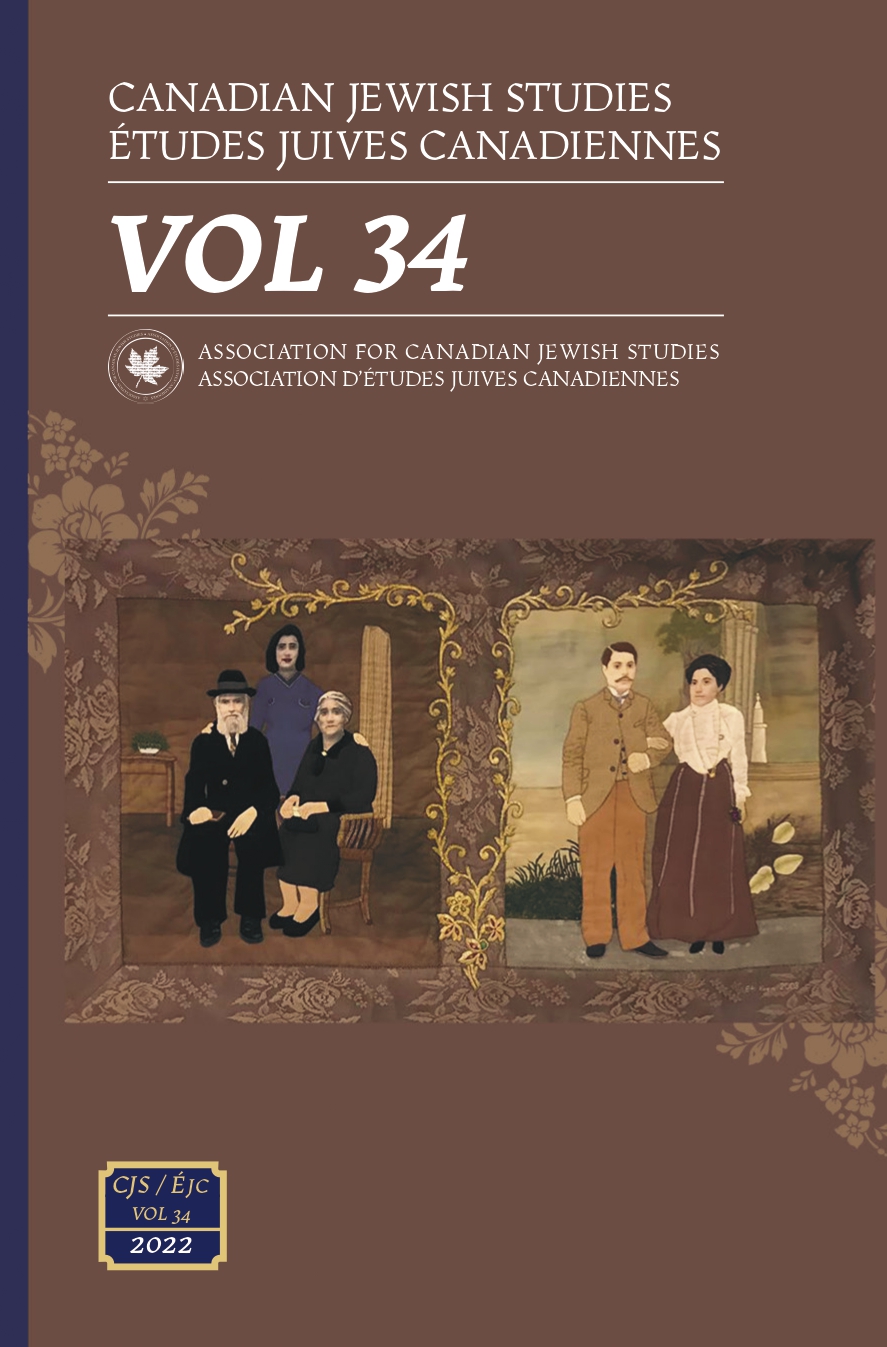Responding to Settler Colonialism in the Community Archive: Jewish Approaches to Reconciliation
DOI:
https://doi.org/10.25071/1916-0925.40290Keywords:
• Communal Organizations, • Intercultural RelationsAbstract
This article explores how Canadian Jewish community archives are responding to and engaging with reconciliation. Reconciliation, which entered national public discourse largely through the activities of the Truth and Reconciliation Commission of Canada (TRC), is a process that restores or repairs relationships between settler society and Indigenous peoples. Based on a survey of nine archives, I identify how Jewish organizations are responding to the TRC, critically engaging with Canada’s ongoing history of settler colonialism, and building relationships with Indigenous nations. Canadian Jewish archives do this in various ways: Formal statements of reconciliation; presenting history in a way that includes Indigenous peoples and illuminates settler colonialism; acknowledging Indigenous peoples, lands, and treaties; programming that builds relationships or facilitates dialogue; and decolonizing or Indigenizing projects related to archival collections. I demonstrate that Canadian Jewish archives have begun to engage with reconciliation in substantial ways, although many of these responses are still nascent. Furthermore, the majority of these practices focus on educating Jewish audiences rather than building relationships with Indigenous communities, thus signalling the need for more collaborative approaches. Approaching reconciliation in a way that is rooted in the history and experiences of a particular settler group, rather than the premise of state supremacy, may be a productive way to avoid the colonial politics of recognition and facilitate social change in the place now called Canada.
Downloads
Published
How to Cite
Issue
Section
License
Canadian Jewish Studies/ Études juives canadiennes is a journal dedicated to the open exchange of information; therefore the author agrees that the work published in the journal be made available to the public under a Creative Commons Attribution-Noncommercial-No Derivative Works 4.0 Unported License. The publisher (Association for Canadian Jewish Studies / Association d'études juives canadiennes) recognizes the author's intellectual property rights; authors retain copyright over their work. The author grants the publisher first serial publication rights and the non-exclusive right to mount, preserve, and distribute the intellectual property. The journal is digitized and published on the open access website http://pi.library.yorku.ca/ojs/index.php/cjs/index.







